
Does the US Accept CE Certification for Electronic?
If you are currently selling electronic devices in the European Economic Area (EEA), you may have already completed the CE certification process. To meet European Conformity (CE) requirements, your equipment needs to be tested and ensured to comply with EU standards.
Unfortunately, while the CE mark serves as a regulatory passport for your electronic products in Europe, granting you access to the entire common market, it does not mean you can sell your devices in the United States.
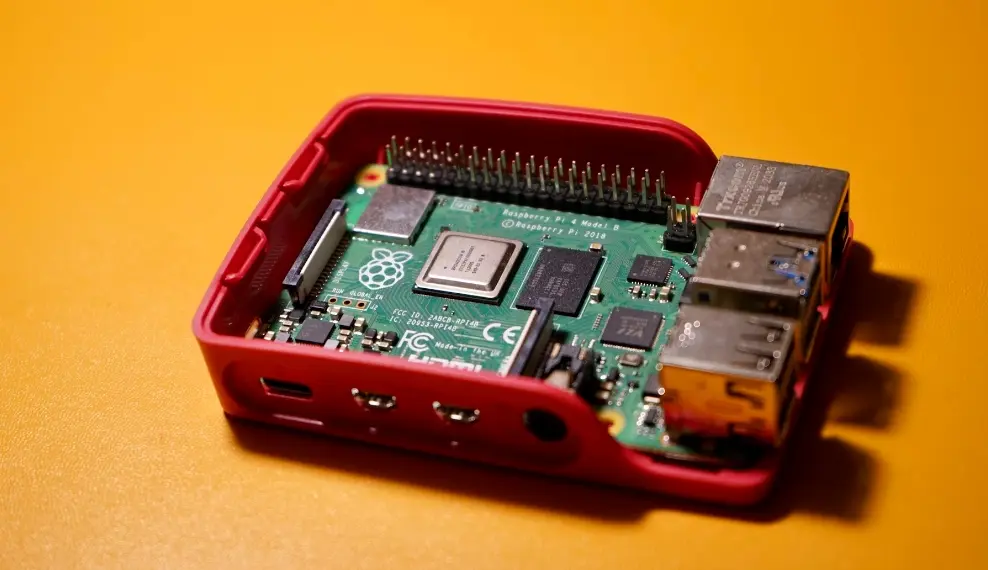
The good news is that US electronic regulations are relatively straightforward. If your device already has a CE mark, complying with US standards is usually a simple process.
Below, we explain the role of CE certification in the US market and how electronic devices need to pass FCC certification to be sold in the US. We also discuss the typical process for completing CE testing and achieving compliance for electronic devices, from testing to the Declaration of Conformity (DoC) or certification.
CE Certification and the US Market: Basics
The CE mark indicates that a product conforms to EU safety, health, and environmental protection regulations. Almost all electronic devices sold in the EU and EEA need to have the CE mark.
Some countries allow products that have achieved CE compliance to be marketed without additional testing and compliance.
However, the CE mark is not applicable in the US. Electronic devices with CE certification cannot legally enter the US market if they have not passed the tests for US electrical compliance regulations.
The US has its own regulatory framework for electronic devices. Most electronic or electrical products sold in the US are regulated by the Federal Communications Commission (FCC), which sets its own performance standards for devices.
Most notably, the FCC regulates most electronic devices that emit radiofrequency energy through its Part 15 rules, which are part of Chapter 47 of the Code of Federal Regulations.
CE Certification vs. FCC Compliance
So, what does all this mean? While the legal terminology behind US electronic regulations may seem complex, the reality is quite simple. Before your device enters the US market, it needs to undergo laboratory testing to ensure it complies with FCC standards.
FCC compliance is more specific in scope than CE compliance. The CE mark is a broader certification covering various aspects such as health, safety, and environmental protection, while FCC compliance primarily focuses on Electromagnetic Compatibility (EMC).
The FCC aims to prevent electronic devices from causing Electromagnetic Interference (EMI) or malfunctioning when exposed to EMI from other devices in the US market.
These are also components of EU regulations, such as the EMC Directive. However, while testing may overlap, if your device was previously only certified with a CE mark, you will need to complete independent testing of your device to comply with FCC rules.
This means working with an accredited testing laboratory for testing, preparing a report for your device, and completing certification or a Declaration of Conformity (DoC).
We break down this process into the following steps to help you achieve FCC compliance and bring your electronic devices to the US market.
How to Gain Market Access for Electronic Products in the US
Determine Your Product's FCC Requirements
The first step to achieving FCC compliance and entering the US market is to determine which FCC rules apply to your device.
Most electronic devices are regulated by FCC Part 15, which sets emission and immunity standards. These standards may vary depending on your device type, with separate standards for intentional radiators (e.g., phones or Wi-Fi devices) and unintentional radiators.
Our guide on the differences between FCC Class A and Class B devices explains how the FCC regulates different device types based on their purpose and design.
Unsure if your device is an intentional or unintentional radiator?
Testing and Documentation
The next step in achieving FCC compliance is electronic device testing. This process involves working with an accredited testing laboratory to verify that your device complies with the standards specified in fcc part 15 (or other relevant FCC regulations).
fcc testing involves measuring your device's radiated and conducted emissions, i.e., emissions generated through electromagnetic fields or wiring. It also involves assessing your product's ability to tolerate emissions from other devices, known as immunity.
As an accredited Electrical Testing laboratory, we can complete the testing process for you and ensure your device complies with all FCC standards for legal sale in the US.
After testing, you will receive a test report and other documentation required for compliance with FCC standards.
Certification and FCC Labeling
Depending on your product category, you may need to file a Declaration of Conformity or apply for FCC certification. Our team can help you understand which option your device requires and the steps to take after testing.
Once approved, your electronic device must be properly labeled with the FCC mark to indicate its full compliance with all applicable FCC regulations.
Maintaining Compliance
After completing testing and labeling your product with the FCC mark, it's important to stay informed about FCC regulations. Standards can change over time, and you may need to proactively ensure your device remains compliant throughout its lifecycle.
Ongoing compliance is particularly important if your product changes over time, uses new technology, or undergoes design revisions that may affect compliance.
Email:hello@jjrlab.com
Write your message here and send it to us
 Australia RCM LOGO Certification
Australia RCM LOGO Certification
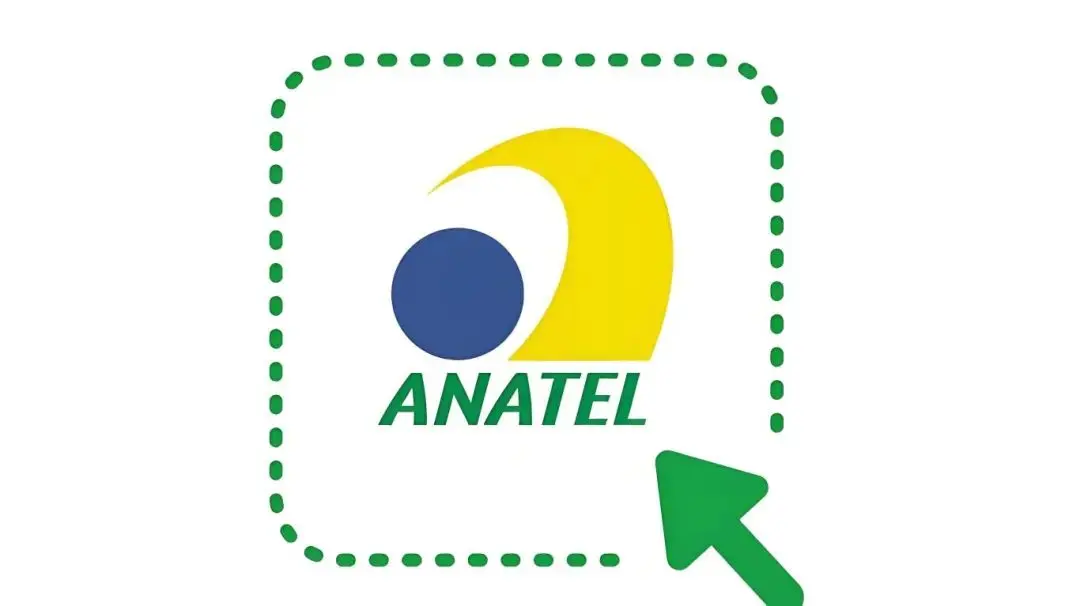 ANATEL Certification Process in Brazil
ANATEL Certification Process in Brazil
 Faucet European Standard EN 817 Testing
Faucet European Standard EN 817 Testing
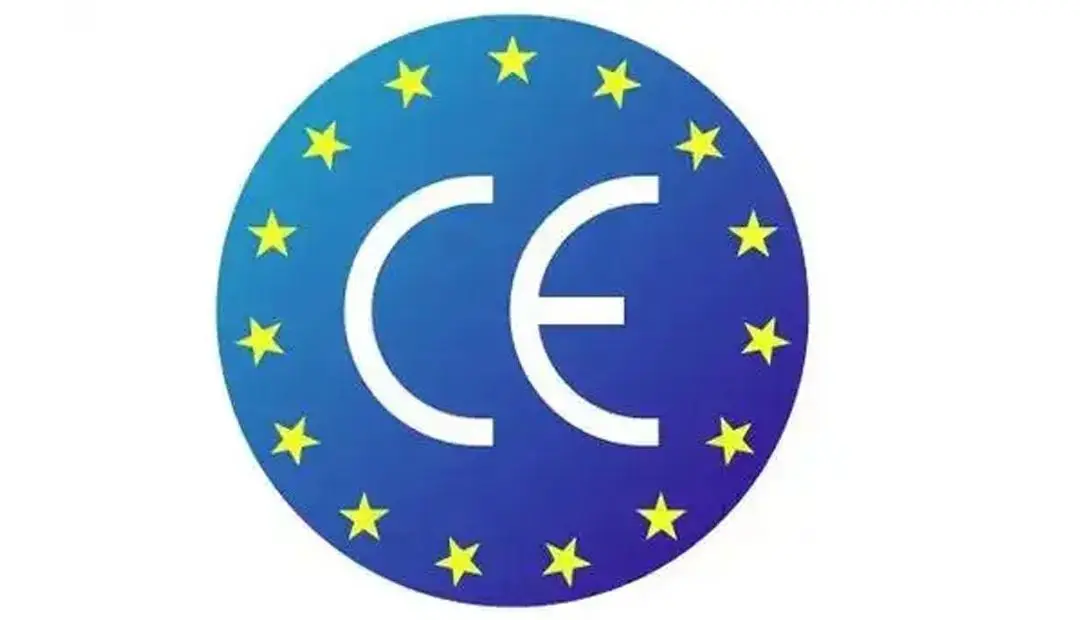 ISO 17025 Laboratory Test Report
ISO 17025 Laboratory Test Report
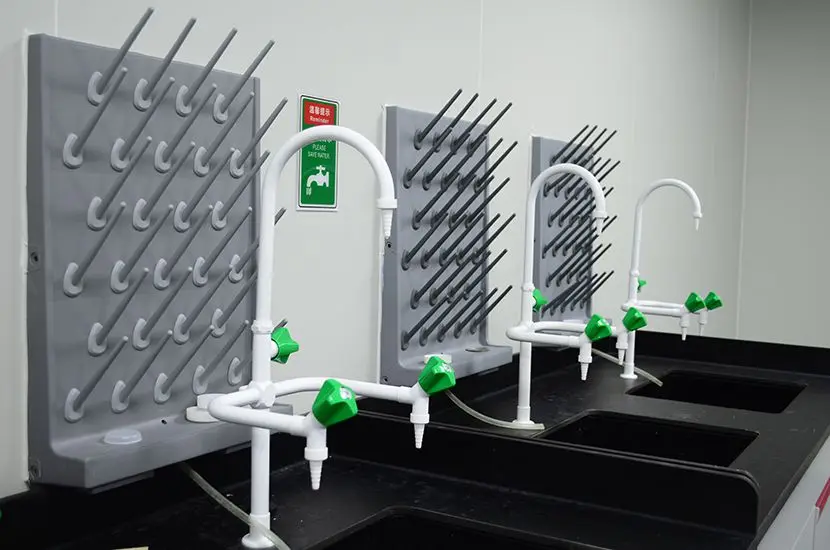 Temu Requires UN 38.3 Certification
Temu Requires UN 38.3 Certification
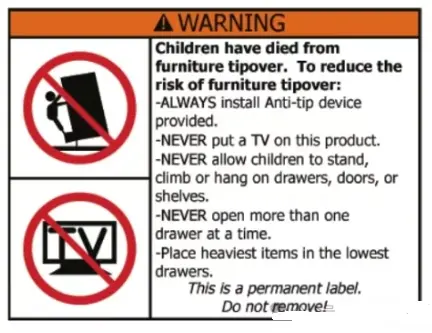 What is the Amazon ASTM F2057 Test Report?
What is the Amazon ASTM F2057 Test Report?
 How to get the Amazon SOR/2016-175 Test Report?
How to get the Amazon SOR/2016-175 Test Report?
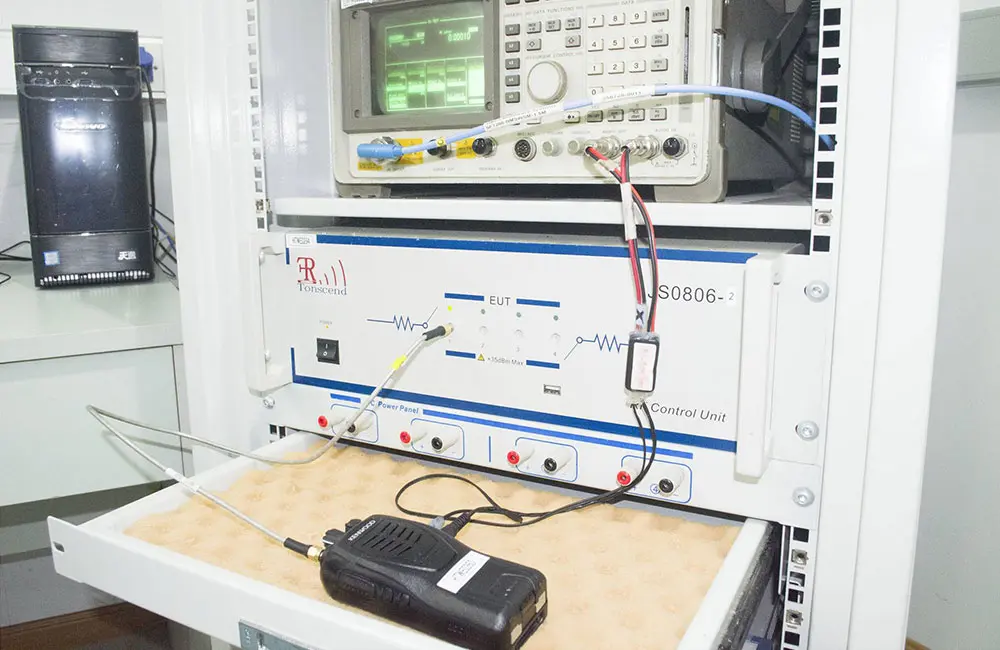 Amazon Electronic Product UL Test Report
Amazon Electronic Product UL Test Report
Leave us a message
24-hour online customer service at any time to respond, so that you worry!




